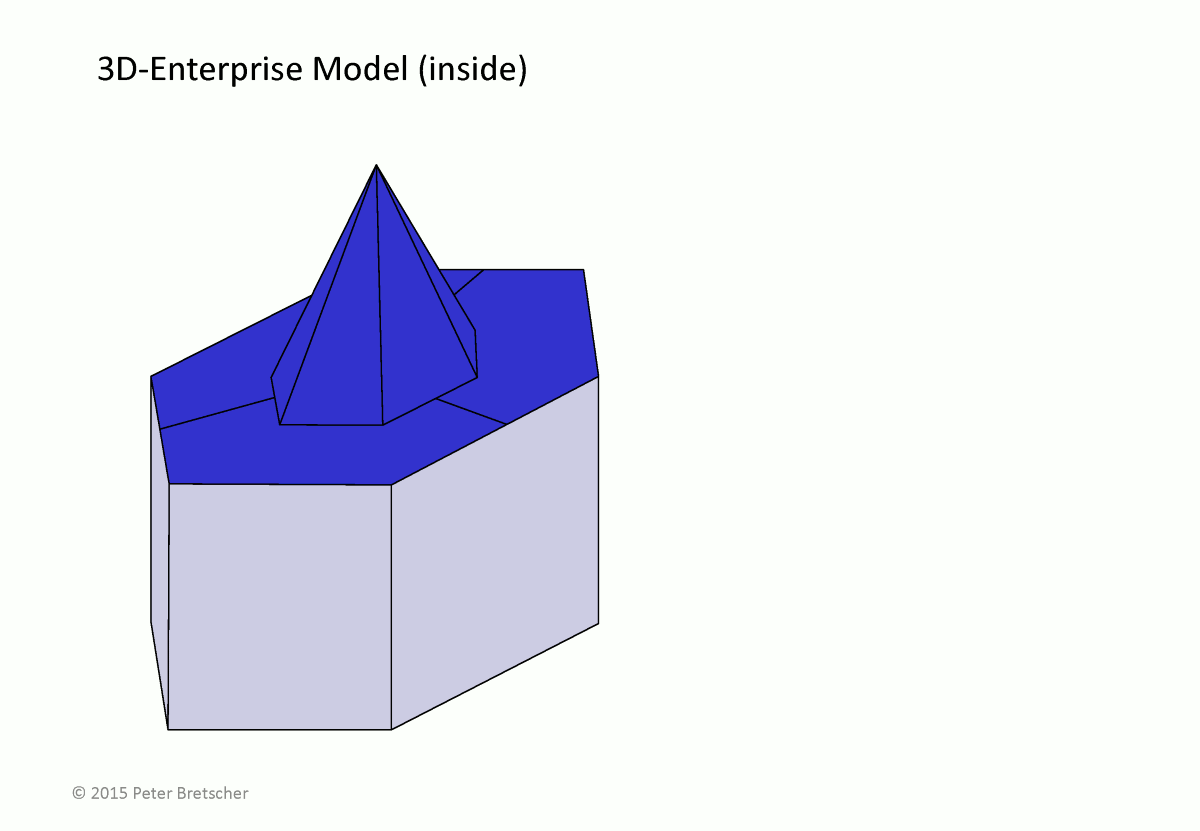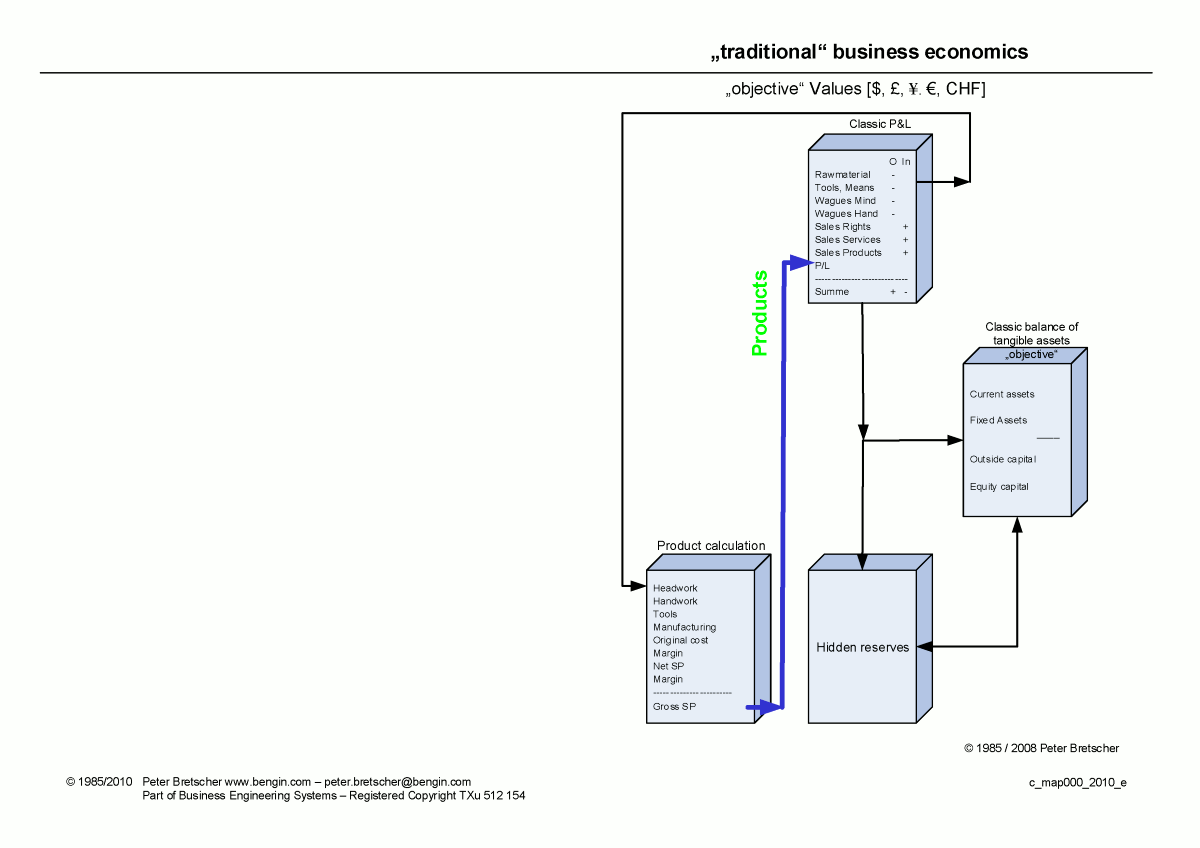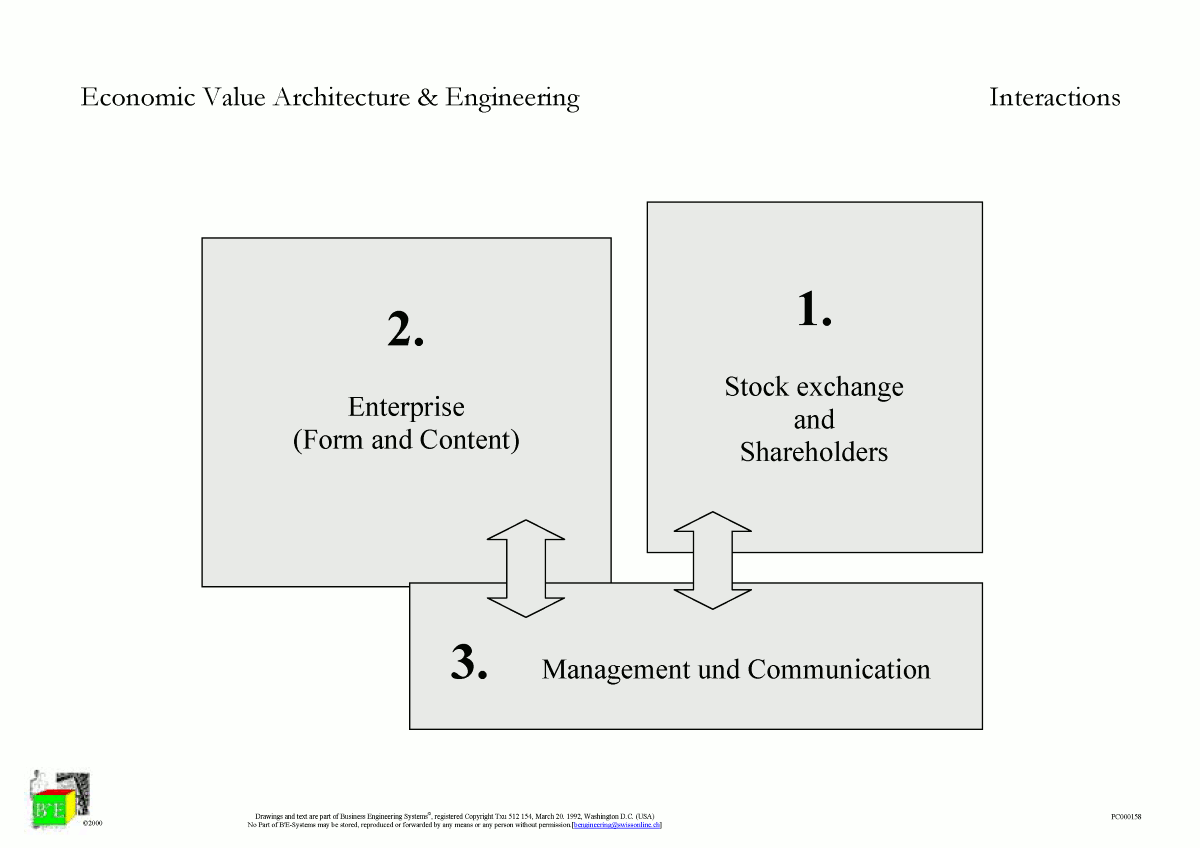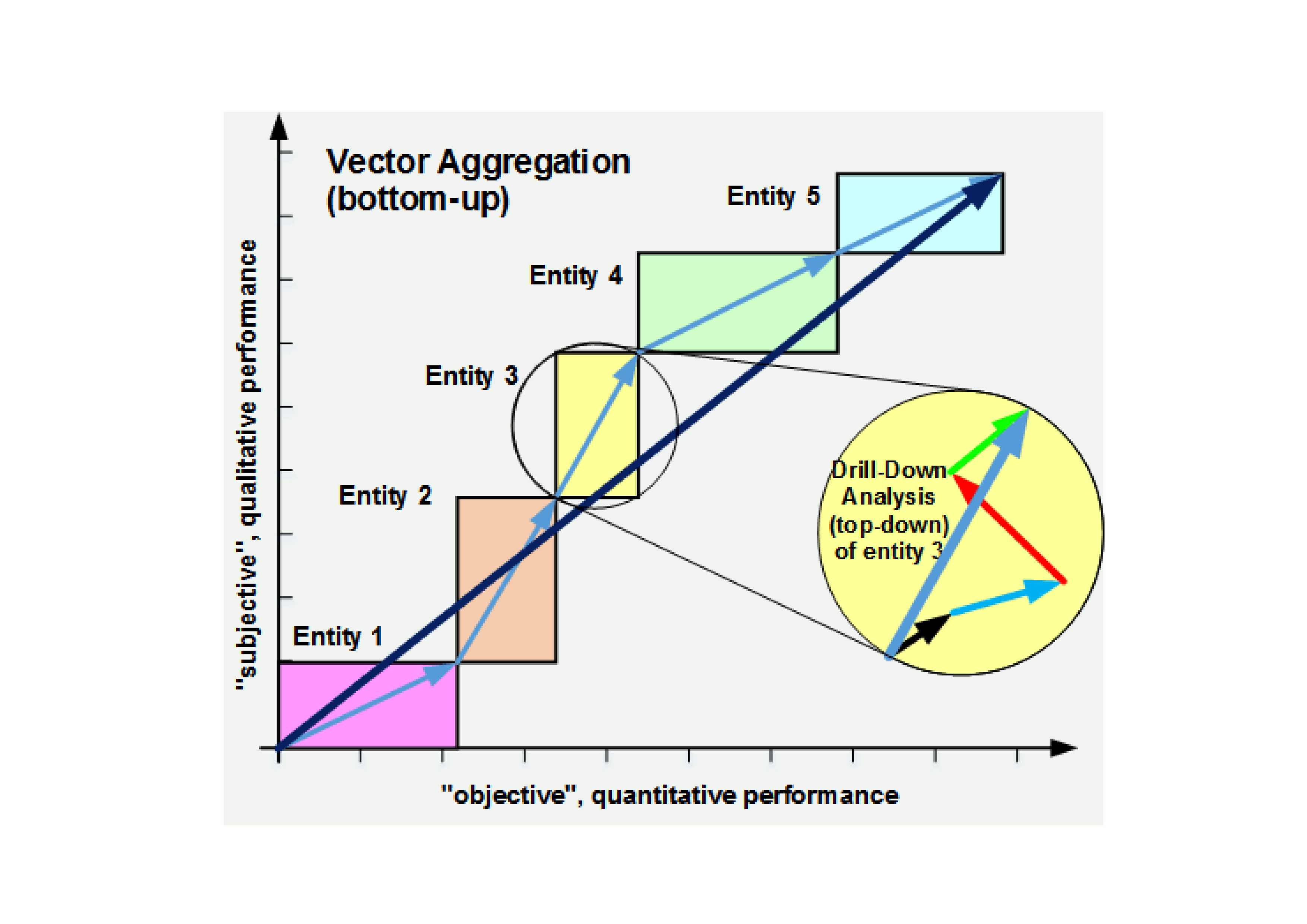Albert Einstein talks about Business Engineering Systems
-
... offers a more nuanced understanding of the social, environmental, and ethical dimensions of business activity...
Albert Einstein (1879 – 1955) was a German-born theoretical physicist, widely held to be one of the greatest and most influential scientists of all time. Best known for developing the theory of relativity...
Albert Einstein in English:
As a theoretical physicist and thinker, I believe that Business Engineering Systems and its hybrid value paradigm represent a significant advance in the way we approach and understand economic activity. By focusing on the primary resources that underlie business activity, this approach goes beyond the narrow focus on products, services, and processes to offer a more comprehensive understanding of the factors that contribute to business success
.I am particularly interested in the use of a hybrid value paradigm that combines monetary and non-monetary indicators in a vector-based approach. This approach acknowledges the complexity of economic activity and recognizes that value cannot be reduced to a simple monetary sum. Instead, it offers a more nuanced understanding of the social, environmental, and ethical dimensions of business activity and promotes smarter and more sustainable decision-making.
Moreover, as we continue to confront the challenges of climate change and other global issues, the importance of sustainable business practices has never been greater. By incorporating non-monetary indicators into our understanding of business activity, we can encourage businesses to operate in ways that are both financially viable and environmentally and socially responsible.
Overall, I believe that Business Engineering Systems and its hybrid value paradigm represent a significant step forward in the evolution of the marketplace. By offering a more comprehensive understanding of business activity and promoting sustainable decision-making, this approach has the potential to shape a more just, equitable, and sustainable economic system for the benefit of all.
Albert Einstein in German:
Als theoretischer Physiker und Denker glaube ich, dass Business Engineering Systems und sein hybrides Werteparadigma einen bedeutenden Fortschritt in der Art und Weise darstellen, wie wir wirtschaftliche Aktivitäten angehen und verstehen. Durch die Fokussierung auf die primären Ressourcen, die der Geschäftstätigkeit zugrunde liegen, geht dieser Ansatz über den engen Fokus auf Produkte, Dienstleistungen und Prozesse hinaus und bietet ein umfassenderes Verständnis der Faktoren, die zum Geschäftserfolg beitragen.
Ich interessiere mich besonders für die Verwendung eines hybriden Wertparadigmas, das monetäre und nicht-monetäre Indikatoren in einem vektorbasierten Ansatz kombiniert. Dieser Ansatz erkennt die Komplexität wirtschaftlicher Aktivitäten an und erkennt an, dass Wert nicht auf eine einfache Geldsumme reduziert werden kann. Stattdessen bietet es ein differenzierteres Verständnis der sozialen, ökologischen und ethischen Dimensionen der Geschäftstätigkeit und fördert eine intelligentere und nachhaltigere Entscheidungsfindung.
Da wir uns weiterhin mit den Herausforderungen des Klimawandels und anderer globaler Probleme auseinandersetzen, war die Bedeutung nachhaltiger Geschäftspraktiken noch nie so groß wie heute. Indem wir nicht-monetäre Indikatoren in unser Verständnis der Geschäftstätigkeit einbeziehen, können wir Unternehmen dazu ermutigen, auf eine Weise zu handeln, die sowohl finanziell tragfähig als auch ökologisch und sozial verantwortlich ist.
Insgesamt glaube ich, dass Business Engineering Systems und sein hybrides Werteparadigma einen bedeutenden Schritt nach vorne in der Entwicklung des Marktes darstellen. Durch ein umfassenderes Verständnis der Geschäftstätigkeit und die Förderung einer nachhaltigen Entscheidungsfindung hat dieser Ansatz das Potenzial, ein gerechteres, gerechteres und nachhaltigeres Wirtschaftssystem zum Nutzen aller zu gestalten.
Albert Einstein supported by chatGPT
Want to have more voices?
-
Read Gottfried Wilhelm Leibniz (1646 - 1716)
Read Luca Pacioli (1713 - 1790)
Read Adam Smith (1713 - 1790)
Read Carl Friedrich Gauss (1777 - 1855)
Read Henry R. Towne (1844 - 1924)
Read John Maynard Keynes (1883 - 1946)
Read Joseph Schumpeter (1883 - 1950)
Read Albert Einstein (1879 - 1955)
Read Daniel Kahneman (1934 - 2024)
Read Joseph Stiglitz (1943 - ....)
ChatGPT as talking head for Legal Units:
ChatGPT in the role of Bain & Company
ChatGPT in the role of BCG
ChatGPT in the role of Deloitte
ChatGPT in the role of EY (Ernst & Young)
ChatGPT in the role of EY(2) (Ernst & Young)
ChatGPT in the role of EY-Parthenon
ChatGPT in the role of Harvard University
ChatGPT in the role of HSG University of St. Gallen
ChatGPT in the role of KPMG
ChatGPT in the role of McKinsey
ChatGPT in the role of PwC
Business Engineering Systems: Advanced models for business, policy, and consultants.
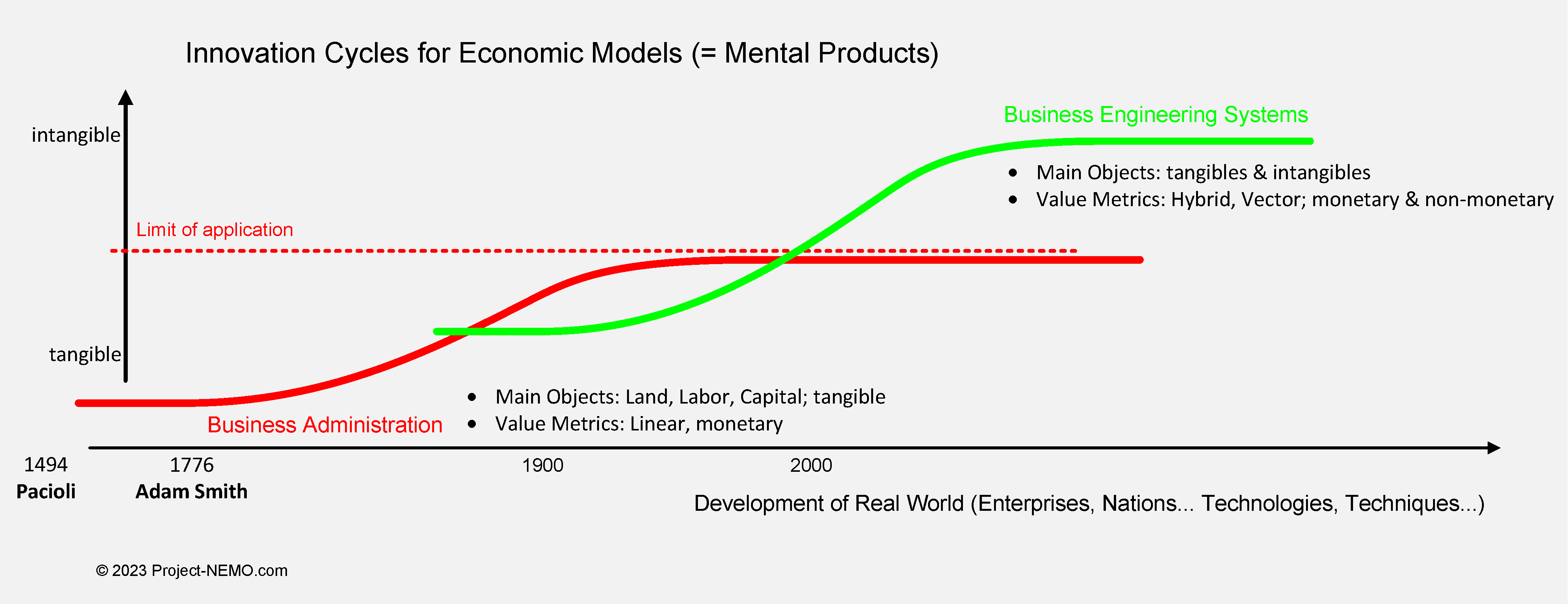
Today's models (i) start from tangible and intangible resources and (ii) use a multidimensional value paradigm in which non-monetary and subjective value attributes also count.
Four selected areas of focus from the BE systems:
Click on image for more information
Purpose of 'Project NEMO' (New/Next Economic/Enterprise Model) is to enhance classic economics by
(i) including intangible assets as the common (re)source of welfare and wealth and
(ii) disclosing a vector based hybrid value principle enabling monetary AND nonmonetary dimensions as a compound/hybrid measure.

